The Trump administration on Tuesday finalized a rule that wildlife advocates say will weaken the Endangered Species Act and severely limit the federal government's ability to protect habitat critical to the survival and recovery of imperiled species including grizzly bears and whooping cranes.
Under the new rule adopted by the U.S. Fish and Wildlife Service, the definition of "critical habitat" for an endangered species will be limited to places that could currently support such animals, not areas where they once lived and could be restored with the proper care and protections.
The rule change also fails to take into account areas that could accommodate species that will relocate due to the climate crisis.
As the Center for Biological Diversity explained when the change was announced in August:
The definition stems from a 2018 decision by the U.S. Supreme Court that said the service needed to define the term habitat in relation to the highly endangered dusky gopher frog. The frog survives in one ephemeral pond in Mississippi. Recognizing that to secure the frog would require recovering it in additional areas, the service designated an area in Louisiana that had the ephemeral ponds the frog requires. However, this area would need forest restoration to provide high-quality habitat.
Weyerhaeuser Timber Company, the landowner, and Pacific Legal Foundation, a private property advocacy group, challenged the designation, resulting in today's definition and the frog losing habitat protection in Louisiana.
"President [Donald] Trump has cemented his legacy as the most anti-wildlife president in history," Stephanie Kurose, a senior policy specialist with the Center for Biological Diversity, said in a statement on Tuesday. "Today's rule will have devastating consequences for some of America's most iconic species, including the grizzly bear, whooping cranes, and Pacific salmon."
"Our most vulnerable species are barely clinging to survival after being forced from their homes into smaller and smaller spaces," Kurose added. "We can't expect them to ever recover if we don't protect the areas they once lived."
The new rule was widely condemned by conservationists when it was announced by the administration. Lara Levison, senior federal policy director at Oceana, warned the change "will make it even harder to save species from extinction."
"The ESA protects threatened and endangered species like sea turtles and the North Atlantic right whale, as well as the habitats they depend on, but the draft rule released today reduces these protections," she said.
In September, a bipartisan group of congressional lawmakers sent a letter (pdf) to the Trump administration expressing their opposition to the rule change and their alarm at the "onslaught of environmental rollbacks that threaten the survival of our nation's wildlife."
The Trump administration has been rushing to ram through as much deregulation as possible in the months—now weeks—before President-elect Joe Biden takes office. Trump's "scorched earth" deregulation blitz involves everything from so-called "bomb trains" to biometrics to workers' rights, with environmental protections hit particularly hard.
In late November, the U.S. Department of the Interior set the stage for modification of the U.S. Fish and Wildlife Service's interpretation of the 1918 Migratory Bird Treaty Act, a move the administration acknowledges will lead to an increase in the 500 million to one billion birds killed annually in the United States due to human activity.
On Monday, the administration acknowledged that development and logging have destroyed 70% of the northern spotted owl's habitat and that the bird could go extinct without additional protection—while declining to reclassify its conservation status from "threatened" to "endangered."
On Tuesday, the administration declined to add the monarch butterfly—90% of whose habitat has been destroyed—to the threatened species list.
A coalition of state attorneys general is currently suing the Trump administration challenging what it says are illegal revised regulations regarding the National Environmental Policy Act and the ESA, alleging the government violated the latter by failing to consult with federal wildlife agencies to assess the effects on listed species when considering rule changes.
"Time and time again, the Trump administration has demonstrated willful disregard for the preservation of our imperiled fish and wildlife," said California Attorney General Becerra, a member of the coalition, in November. "So it's hardly shocking that it failed to consult with federal wildlife agencies before finalizing this unlawful rule."
"But that doesn't mean we're going to let them break the law," added, Becerra—who last week was nominated to serve as secertary of health and human services in the incoming Biden administration.
This article first appeared on Common Dreams. You can read it here.

















 A woman relaxes with a book at homeCanva
A woman relaxes with a book at homeCanva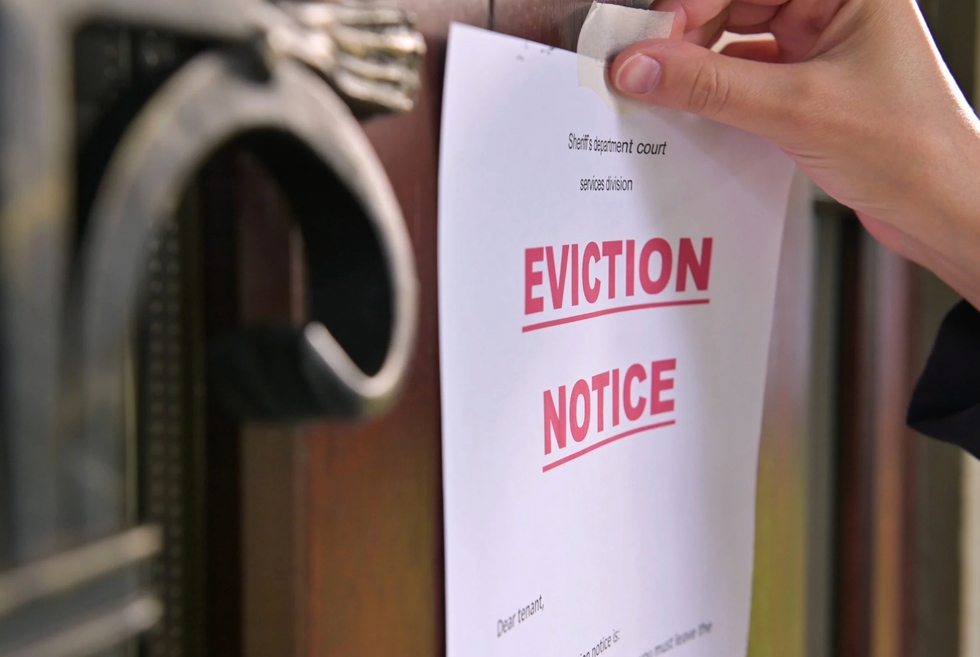 An eviction notice is being attached to a doorCanva
An eviction notice is being attached to a doorCanva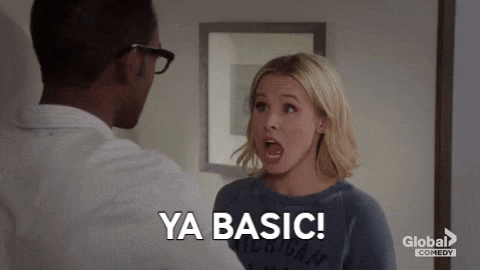 Gif of Kristen Bell saying 'Ya basic!' via
Gif of Kristen Bell saying 'Ya basic!' via 
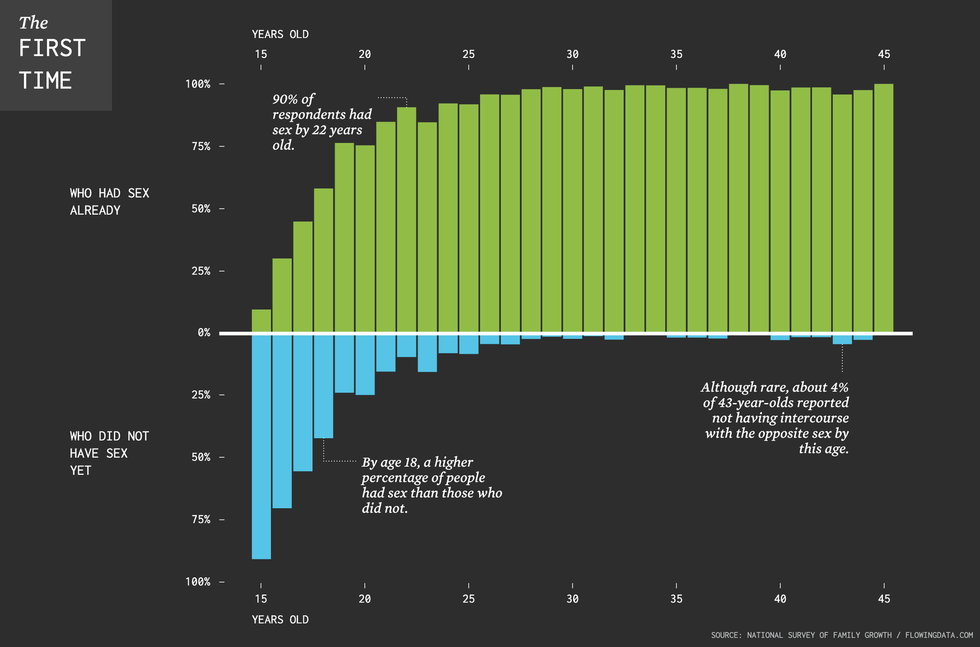 The chart illustrates that between ages 16 and 20, roughly half the population loses their virginity. By age 22, 90% of the population has had sex.
The chart illustrates that between ages 16 and 20, roughly half the population loses their virginity. By age 22, 90% of the population has had sex. A group of young people hold their phonesCanva
A group of young people hold their phonesCanva
 (LEFT) Judy Garland as Dorothy Gale and (RIGHT) Ray Bolger as Scarecrow from "The Wizard of OZ"CBS/
(LEFT) Judy Garland as Dorothy Gale and (RIGHT) Ray Bolger as Scarecrow from "The Wizard of OZ"CBS/ 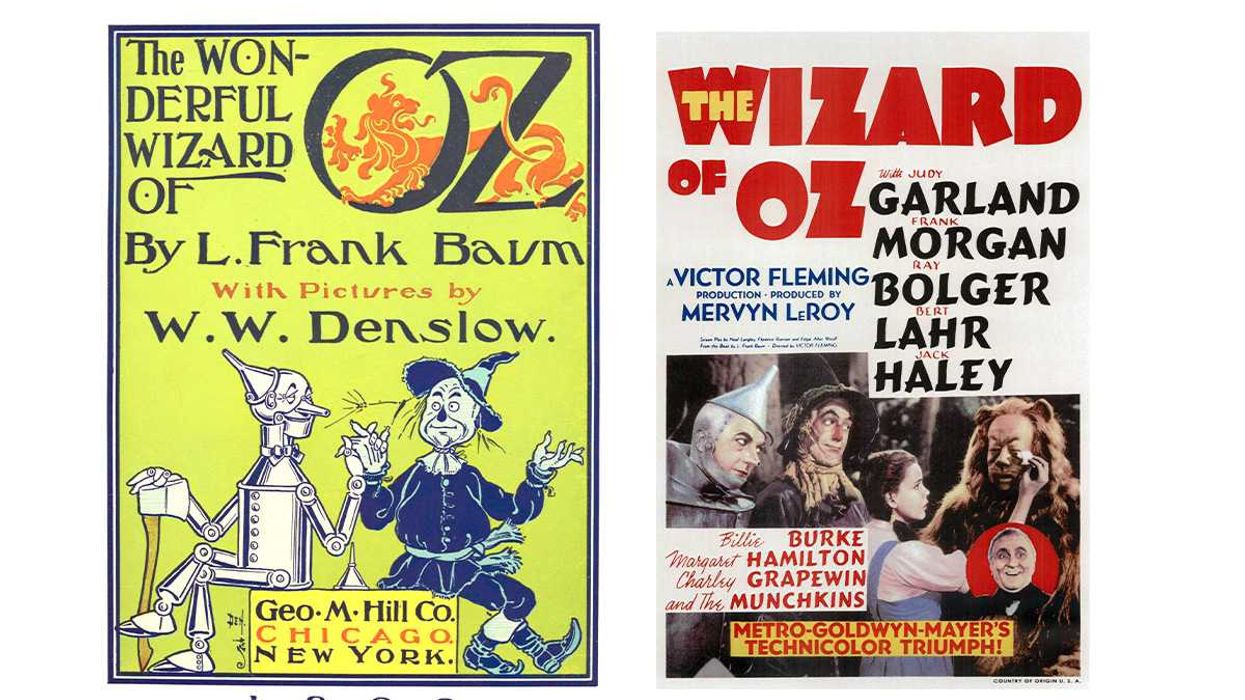 (LEFT) The Wonderful Wizard of Oz children's novel and (RIGHT) The Wizard of Oz movie poster.William Wallace Denslow/
(LEFT) The Wonderful Wizard of Oz children's novel and (RIGHT) The Wizard of Oz movie poster.William Wallace Denslow/ 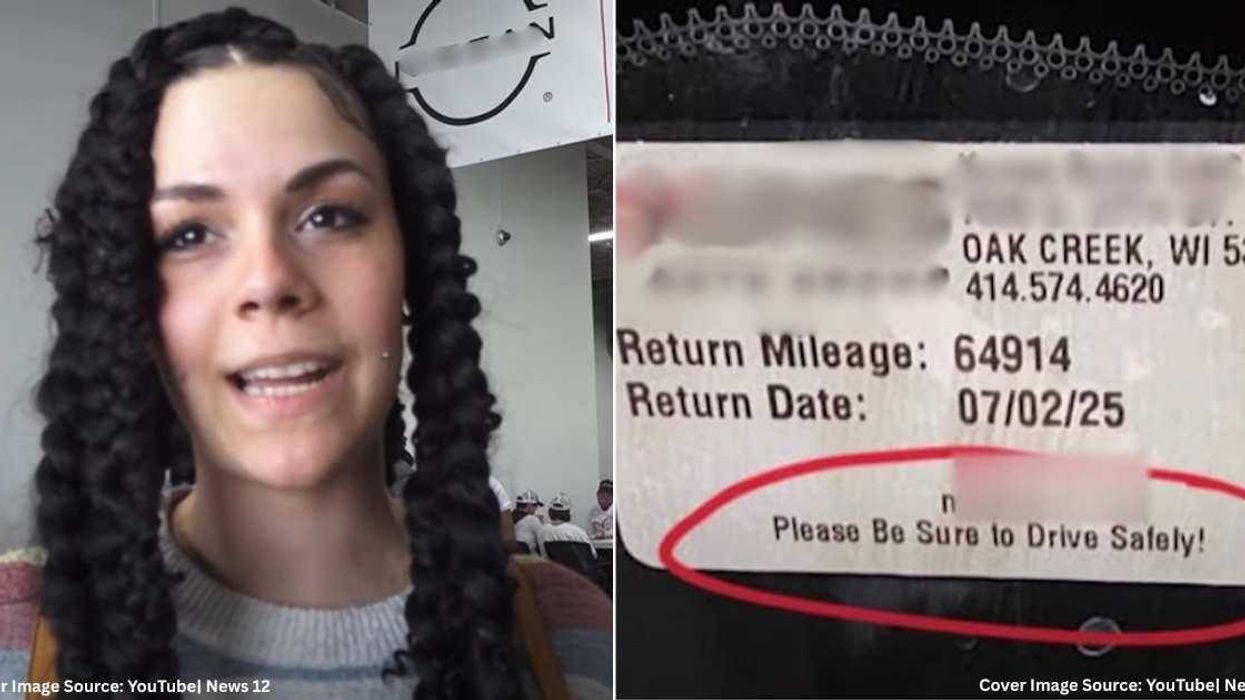
 A frustrated woman at a car dealershipCanva
A frustrated woman at a car dealershipCanva Bee Arthur gif asking "What do you want from me?" via
Bee Arthur gif asking "What do you want from me?" via 
 A couple on a lunch dateCanva
A couple on a lunch dateCanva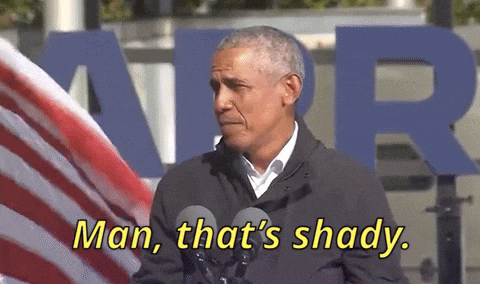 Gif of Obama saying "Man, that's shady" via
Gif of Obama saying "Man, that's shady" via 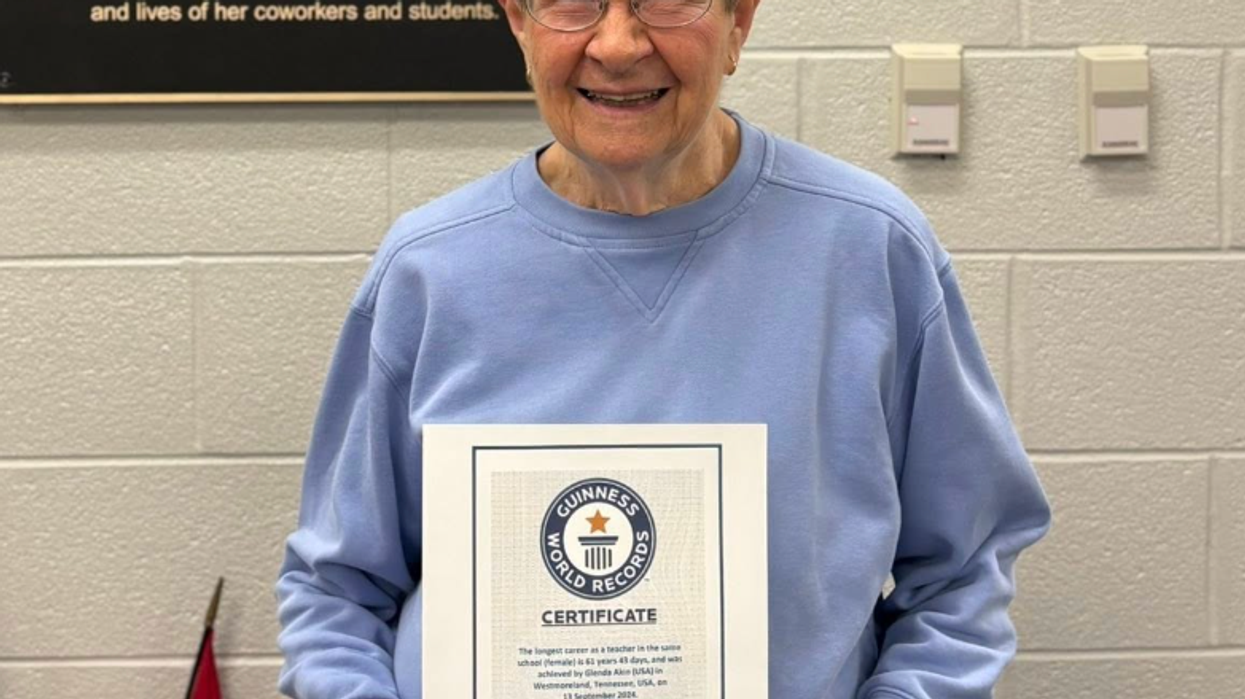

 Red Hot Chili Peppers bassist Flea at Lollapalooza Chile in 2014.Cancha General/
Red Hot Chili Peppers bassist Flea at Lollapalooza Chile in 2014.Cancha General/  Red Hot Chili Peppers bassist Flea at Rock in Rio Madrid in 2012.Carlos Delgado/
Red Hot Chili Peppers bassist Flea at Rock in Rio Madrid in 2012.Carlos Delgado/